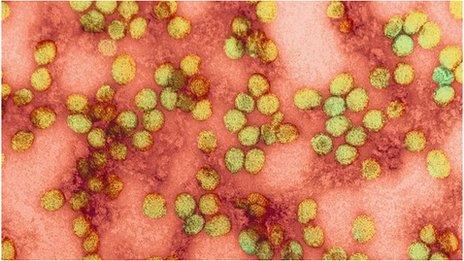Scientists create infertile mosquitoes
- Published

Malaria is caused by a parasite, called Plasmodium, transmitted by female mosquitoes when they bite people
UK scientists say they have reached a milestone in the fight against malaria by creating a genetically modified mosquito that is infertile.
The plan is to wipe out the insects that spread malaria to people via bites, Nature Biotechnology reports.
Two copies of the mutant gene render the malaria-carrying female insect completely barren.
But one copy is enough for a mosquito mum or dad to pass it on to offspring.
This should perpetually spread the infertility gene throughout the population so the species dwindles or dies out.
However, the Imperial College London team say more safety tests are needed, meaning it will be a decade before the mutant mosquitoes can be released into the wild.
Cheating nature
The mutant mosquito can still carry and transmit malaria to people via bites.
But their genetic make-up means they should breed with and replace other malaria-carrying mosquitoes.
Any offspring with one copy of the gene would carry on passing the trait to future generations, while any female offspring that inherits both copies would be unable to reproduce.
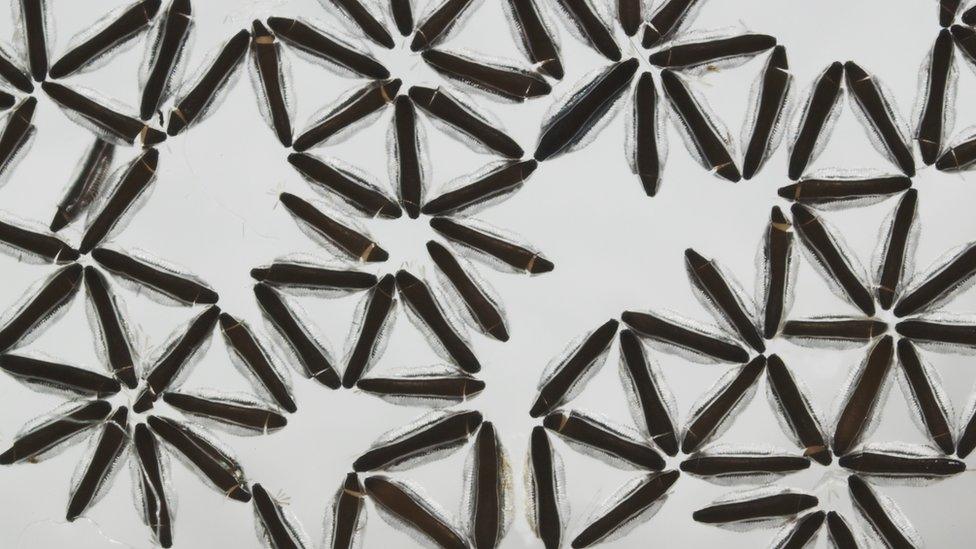
Mosquito eggs
In this way, the host of the malaria parasite should eventually become extinct.
In the Imperial team's experiments with Anopheles gambiae - a breed of mosquito that is rife in sub-Saharan Africa where the bulk of human malaria deaths currently occur - the mutant mosquitoes were kept with wild-type ones so they could mate.
The gene for infertility was transmitted to more than 90% of both male and female mosquitoes' offspring across five generations, thanks to technology called gene drive, say the researchers Dr Tony Nolan and Prof Andrea Crisanti.
Normally, one copy of a recessive gene has a 50% chance of being passed down from parents to their offspring. Gene drive - a DNA cutting and pasting machine that can manipulate genetic code as it is passed from parent to offspring - boosts this inheritance rate.
Wipe out
Some experts fear that wiping out mosquitoes may upset the natural balance of the environment.
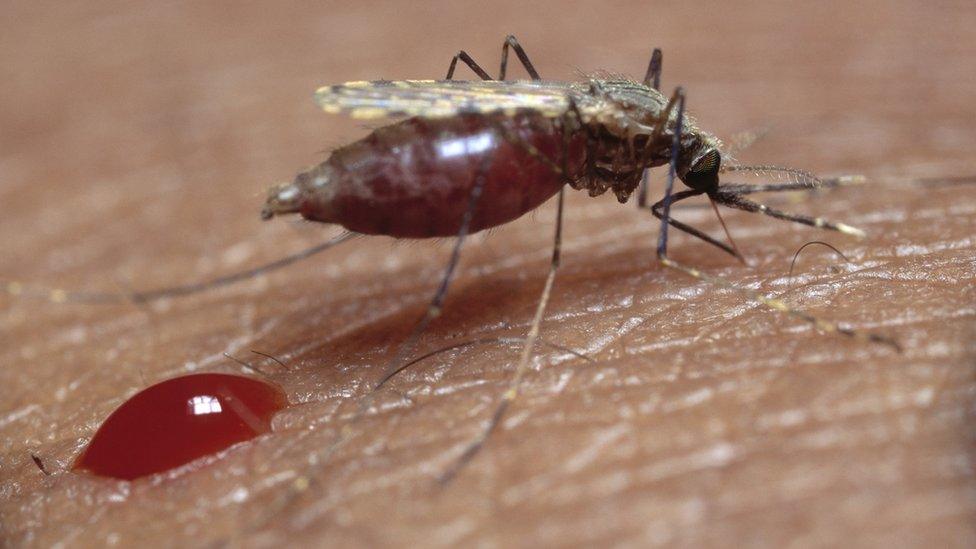
But Prof Tony Nolan said their method should not make a big dent in the overall mosquito population - just the ones that transmit malaria.
"There are roughly 3,400 different species of mosquitoes worldwide and, while Anopheles gambiae is an important carrier of malaria, it is only one of around 800 species of mosquito in Africa, so suppressing it in certain areas should not significantly impact the local ecosystem."
Prof David Conway, an expert in malaria at the London School of Hygiene and Tropical Medicine, said the work held promise: "The key achievement here is that a novel genetic drive mechanism can force these modifications to be passed on, using a trick that would not occur in nature."
But he said more work was needed to check that the mosquitoes don't evolve resistance to the genetic modification.
- Published24 November 2015
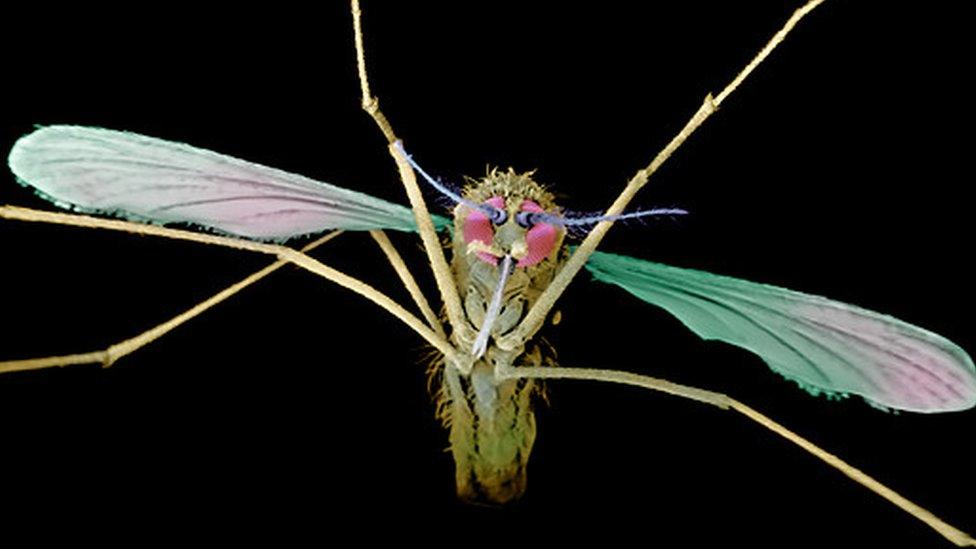
- Published10 June 2014
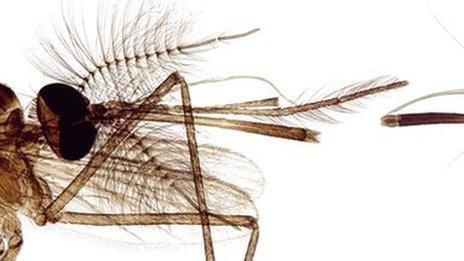
- Published30 March 2014
